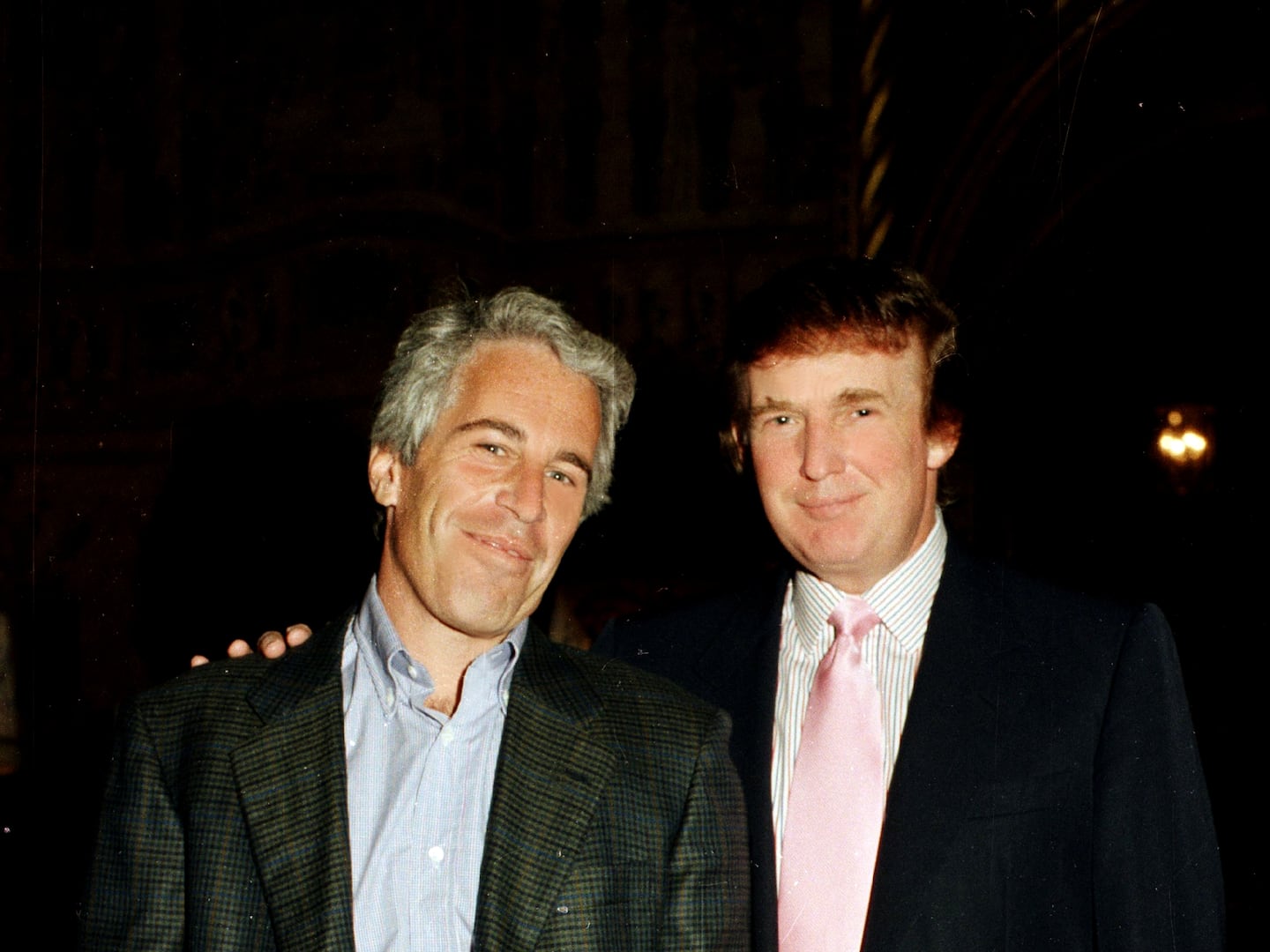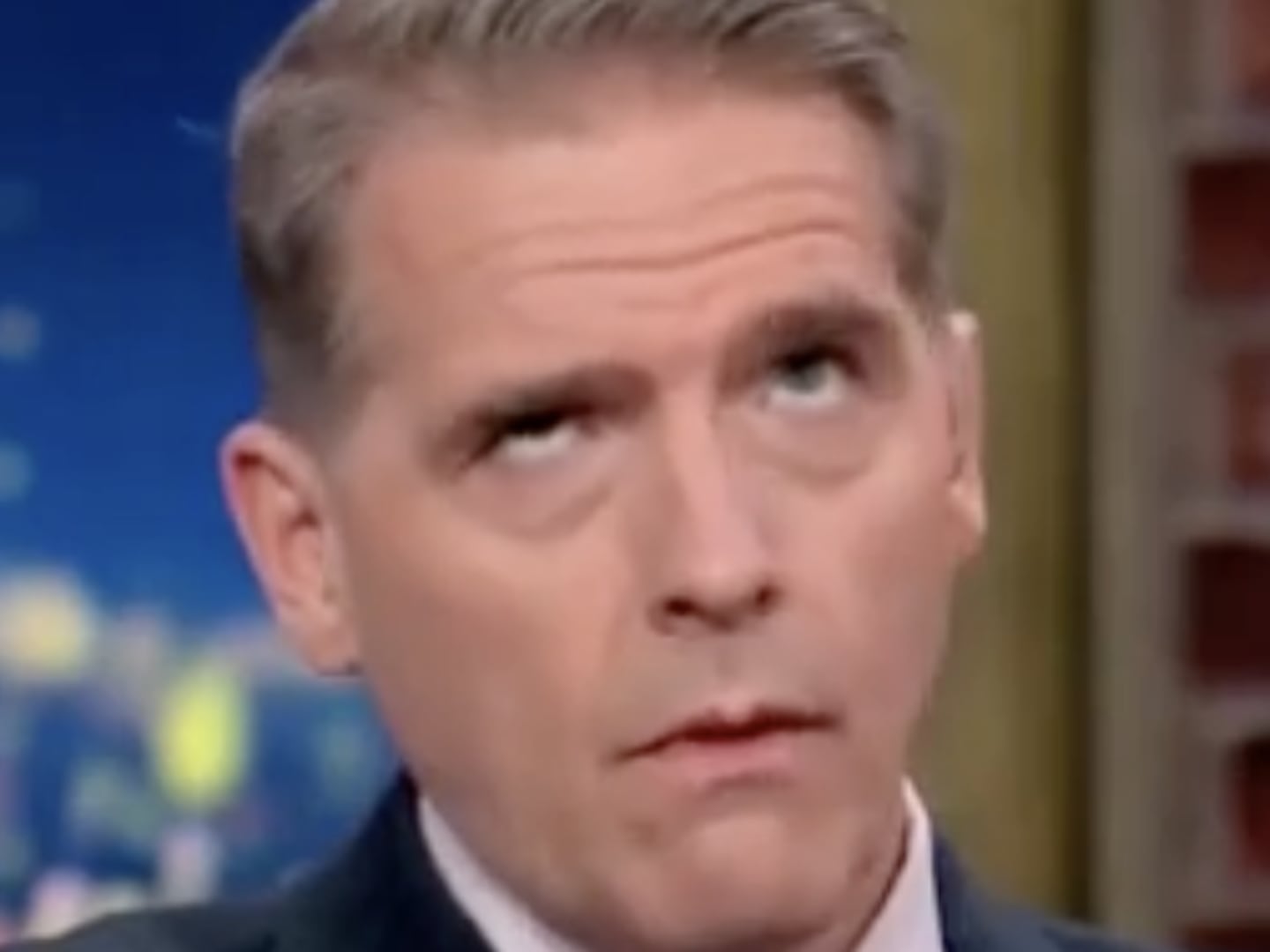The Internet is a vast, yawning chasm of chaos populated by brigands and digital cutpurses. This much we can all agree upon. But if anything can be said to be reliably grounding anchors in its choppy waters, it's two oft-repeated, but nonetheless generally ignored maxims: Don't read the comments, and Don't feed the trolls.
This is, of course, easier said than done, particularly as social media platforms—Twitter chief among them—have conspired to blur the boundaries between the trolls and the trolled, with the voices of the unknown amplified, and those of the powerful brought low in the democratized landscape. If anyone should have known his way around this minefield, you would think it might be ESPN prodigal son and gale force wind turbine Keith Olbermann, who, the network announced yesterday, would be suspended from his show after a prolonged Twitter tirade aimed at Penn State University students.
And yet even the more media savvy among us, like Olbermann—perhaps especially those types—continue, time and again, to absentmindedly step Sideshow Bob-like into a digital landscape littered with rakes.
Olbermann isn't the first powerful public figure to go snorkeling in the septic tank, and he certainly won't be the last. Last week, John Oliver made light of Ecuadorian President Rafael Correa for his habit of calling out social media critics by name, including an 18-year-old whose personal information he made widely available.
“Oh, 18, so young, so immature—unlike me the 51-year-old head of state who is currently attacking him in public,” Oliver joked.
The situation between ESPN’s Olbermann and Ecuador’s Correa are somewhat different, of course, in that one party is a powerful group that cracks down on dissent and isn't open to any sort of criticism, and the other is the government of Ecuador.
This week, in a piece called “How To Tweet If You Are A Famous Athlete,” Deadspin noted an exchange between San Francisco 49ers quarterback Colin Kaepernick and a random troll who questioned his preparation techniques. Nevermind whether Kaepernick availed himself well in the argument—the very act of entering into one in the first place made him lose before he even began.
“For us pissants, Twitter helps slake a craven thirst for attention,” Drew Magary wrote. “But for you, the millionaire athlete who already has more attention than he requires, it seems like a redundant waste of fucking time.”
The reasons the average person might insult, troll, or criticize the powerful are pretty easy to figure out. The very act of being recognized at all is thrilling for many. (Why else would most celebrity Instagram and Twitter accounts be harangued with an endless stream of requests for shoutouts?)
But if you can manage to anger them in such a way that they respond back, then you've really made an impression. It’s a validation, however pitiful, that you exist.
Why the people on the higher end of the social media food chain bother to respond in the first place is a bit harder to understand.
Since places like Twitter level the playing field of conversation, “It can be extremely galling for a certain type of person to be criticized by his ‘inferiors’ in a public arena,” says Boston Globe advice columnist and research psychology Ph.D Robin Abrahams.
“Give this person the means to strike back directly, and he will—regardless of the consequences.”
That Olbermann was was largely the aggressor in this instance makes his umbrage-taking all the more curious.
“And now this exchange, the first and last interesting thing in your life, is at an end,” he tweeted to one of the many PSU supporters who’d gathered outside the ogre’s hovel, evidence of the type of digital dick-measuring often at work here.
That self-perception, and hyper-sensitivity to sleights can be common amongst the powerful, generally speaking, says James Niels Rosenquist, Ph.D, MD and psychiatrist at Mass General Hospital and Harvard Medical School.
“The first thing to recognize when talking about people in a position of power: One consistent theme in psychological studies is people who crave attention in general, and approval,” says Niels.
That’s why he thinks Twitter is the perfect storm of confluences when it comes to servicing this need.
“It’s a quick hit, if you will, and the parallels to drug use are very similar.”
For people who do seek attention, or at least have become accustomed to it—TV anchors, politicians, athletes and so on—they’re “more likely to use social media as a way of receiving approval.” When they get negative attention, it’s called narcissistic or ego injury, he says.
The average user of social media may not get as much positive reinforcement as the celebrity, but he or she also isn’t subjected to anywhere near the amount of trolling and criticism.
Even as someone who merely publishes articles online, I can’t remember the last day someone somewhere didn’t remind me how stupid I am, or invite me to dislodge my head from my ass. This obviously increases exponentially with a bigger profile. For the most part, the vast majority of well-known figures do their best to remain above the fray, but it can’t be easy over time.
“Someone once described Twitter as being like having a loaded gun on your person at every point in time,” Rosenquist says. “Twitter, by its nature, is particularly ephemeral and impulsive. It’s designed to respond to impulsiveness. Because of that, if someone is calling you out, presumably you get angry—and with the impulsiveness of responding quickly, you don’t have the time to think about it. It’s not like a nasty email, where it’s a dyad between you and another person. It’s you and 10,000 people. Combine the kind of people involved in these situations, and the general psychology of people like that, and the drug-like nature of these platforms, and the ability to be very impulsive there is really hard mix.”
And Rosenquist also speculates that a lot of public figures may be sheltered, or protected by handlers who either read their emails or run their social media accounts. Those who take the controls themselves may not be equipped to handle it. Remember, for as much a part of our daily lives as it is now, social media ubiquity is still a relatively new phenomenon.
Complicating this, says Pamela Rutledge, the director of the Media Psychology Research Center, is that proper Internet etiquette is to, in fact, engage with one’s followers.
“Part of the social media ethic is to interact with fans, which means reading everything everyone sends you so you can respond to them. It also means everyone out there can read what you send,” she says. “It’s hard to be personally attacked and not have it be a bit painful, no matter who you are. It triggers our instinctive desire to protect ourselves, fight or flight, as you can see from the way the PSU students rallied in defense (against Olbermann).”
Making matters worse is that the nature of perpetual updates on Twitter means that we can be harassed at all hours of the day, no matter what else is going on in our lives.
“It’s not surprising that sometimes people don’t have the cognitive control to maintain composure—particularly if they were, for example, tired, had a beer, or were preoccupied with other stressful things. Many things can deplete our cognitive capacity or lower our cognitive control,” she says.
Public figures don’t have the luxury of being able to lose control every now and again. When they do, it turns into the type of media controversy that spawns hundreds of articles like this one. But while that may be exhausting, Rutledge says, it’s still not an excuse.
“It’s understandable, for example, why some celebrities lose control when a paparazzi is constantly sticking a camera in their faces and violating what feels like it should be private. Twitter is the same in many respects. It may be social media but it feels personal—that’s the whole point of Twitter,” she says. “The person who is supposed to be the ‘grownup,’ or in a position of authority, is expected to set the higher standard.”
Even though someone like Olbermann may logically understand that it’s unbecoming to argue with a bunch of teenagers, the anonymity and the leveling force of social media means we’re often arguing with a figment of a person playing a role of an opponent we may be inventing in our own heads.
“It’s natural to project onto them the traits and qualities of our enemies,” Rosenquist says.
A politician isn’t a person—he's just the projection of the citizen’s views of him. And, in an Ecuadorian president’s case, vice versa.
In other words, when it comes to flame wars or trolling arguments online, oftentimes we’re arguing with an imaginary cypher we imbue with all of the attributes that frustrate us, for perhaps wholly unrelated reasons. The end result is fighting over nothing, with someone who may or may not even exist. If that’s not the definition of insanity, then what is?





